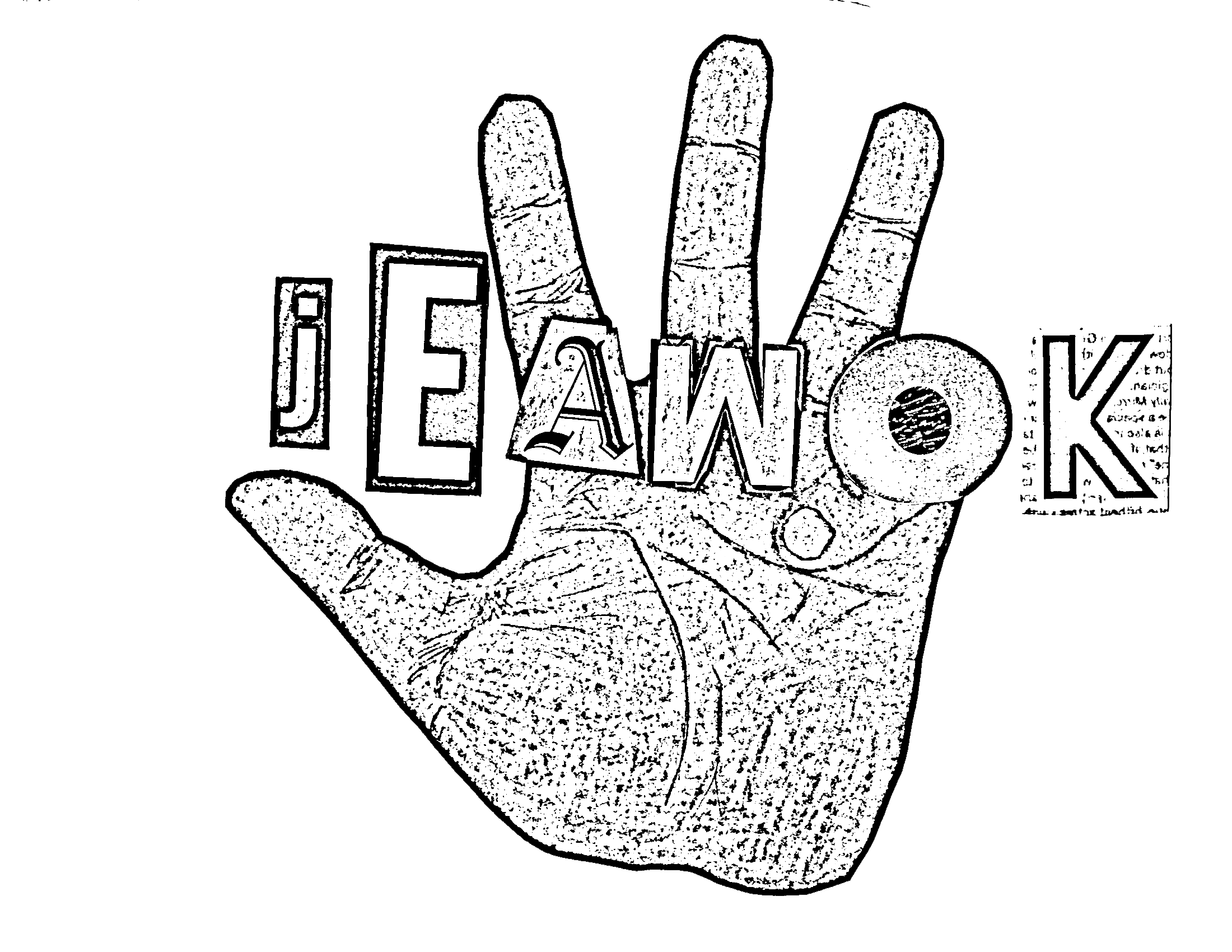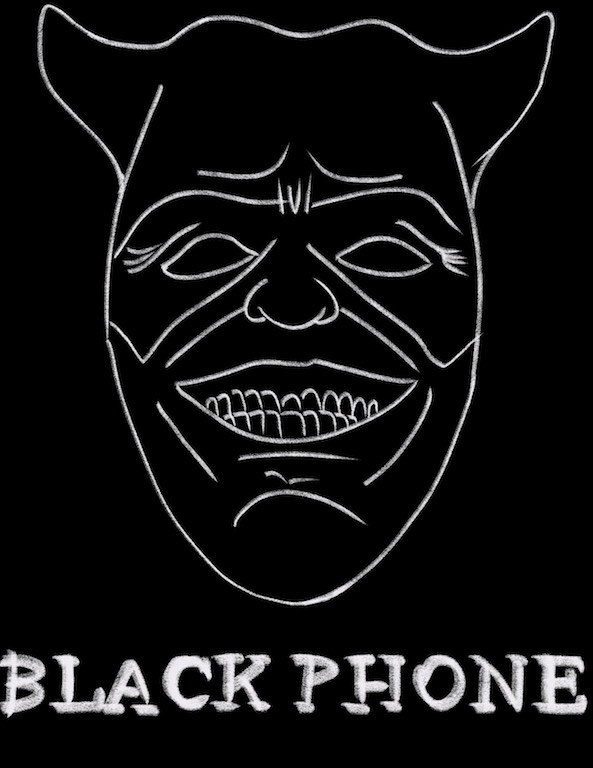Despite the film’s problematic perpetuation of traditional able-bodied casting, its story finally feels earned and free of a sentimentality of disabled people long tokenized by Hollywood and awards culture.
Endearing films surrounding disability have long been seen as “Oscar bait,” or cheap, intentional tugs at the heartstrings of Hollywood critics. All made with the slight undercut of hope that award season voters will check the box for those films and performances on their nomination ballots come springtime. Recent films like The Theory of Everything, Wonder, and Don’t Worry, He Won’t Get Far On Foot come to mind.
But then comes Sound of Metal, Darius Marder’s new film about deafness. In the film, Ruben, a punk drummer and addict, suddenly, and rapidly, begins losing his hearing and, after hinting at a possible drug relapse, joins a remote rehab facility for the Deaf, at the insistence of his girlfriend Lou (Olivia Cooke, who gives a beautiful performance).
It must be pointed out immediately that Riz Ahmed, who plays Ruben, is not Hard-of-Hearing. Ahmed is abled-bodied, at least in terms of his hearing. There is a problematic trope within that, as long-perpetuated by award ceremonies and critical-acclaim. You can look at the filmography of any A-list actor and you will surely find a portrayal of a disabled character in it. Since 1989, 10 out of the 31 Oscar winners, just a cut under 33%, which is a much higher percentage of representation in the category than any other minority category, have won for their portrayal of disabled characters. The writing of tokenized disabled characters who are often illustrated as suffering protagonists has not always just been bad, but over-rewarded as well.
Nicolas Becker’s sound design in Sound of Metal is the best of any feature film from 2020, that much is understood in the Letterbox and Rotten Tomatoes movieverse. As soon as Ruben has his first on-screen episode of hearing loss, the audience is stripped of everything that isn’t a dainty ringing sensation or muted voices. We have all experienced ear ringing, but what the film does is not allow us to experience anything else as it is happening. I am a hearing person. When my ears start ringing at home, I am thrust into a foreign hearing landscape, all while retaining the privilege of being able to hear everything else.
The evolution of Ruben’s character is defined by his coming to terms with the silence he now lives with. When Ruben meets Joe (Paul Raci, a Child of Deaf Adults), who runs the rehab facility and is late-deafened from his time in the Vietnam War, he begins learning ASL—which Ahmed learned in real life for the role—and working with students at a Deaf school. After Joe catches Ruben fixing the roof as a way of distracting himself from his deafness, he gives Ruben an assignment: to sit peacefully by himself in a room and write, to learn how to enjoy the silence is now living in.
The best parts of the film are the silent ones, and Ruben’s navigation through a hearing person’s world is the backbone of narrative. From the time Ruben gets to the rehab facility all the way until he is reunited with Lou near the end of the film, nearly 90% of the dialogue is delivered by way of ASL. And, brilliantly, the audience does not receive ASL subtitle translations until Ruben learns the language himself.
This is what makes Sound of Metal unique. Narrative deliveries that might seem unconventional but are actually inventive and honest. Because, outside of film, all minority groups are heavily diverse, despite Hollywood’s attempts to put every minority group struggle into one collective box. There’s never going to be just one film that is a perfect representation of disability, because the disabled community is a spectrum, much like other marginalized communities. In a time where movies are doing too much and trying to hit every thematic struggle possible, Sound of Metal has its focus and is well-written because of it.
The film creatively plays with an able-bodied person’s perception, too. From the moment Ruben learns that he can only hear 20 to 30-percent of words, he invests himself in making enough money to get cochlear implants to improve his hearing—even though, in layman’s terms, cochlear implants don’t actually repair hearing loss, but, instead, stimulate the brain’s auditory nerve with electric signals that mimic sound.
One important plot hole my partner, who is Hard-of-Hearing herself, pointed out—aside from a few subtle goofs during the audiometric booth scene early in the film—was how little information audiologists gave Ruben on cochlear implants. What is shown to the viewer are only mentions of the implants, but no mentions of how anything Ruben would “hear” through his implants would sound nowhere close to what he experienced as a hearing person. Cochlear implants are nowhere near as effective on adults as they are children, because it’s easier to learn how to interpret those electric signals at a younger age, and nothing about that is mentioned to Ruben in the film.
Without asking the filmmakers about their real intent, we will never know for sure, but the minimal explanation clearly opens up a door to trick able-bodied watchers into thinking Ruben’s hearing will miraculously be repaired—it’s similar to the naivety behind thinking a person who wears hearing aids can magically hear everything because of the device. And the presentation itself shatters any preconceived depictions of sentimentality and the normalities of traditional happy endings—because, as Ruben quickly learns, what he can hear when wearing his cochlear implants is not what he expected, nor is it anywhere close to what he remembers.
Arguably, the most powerful scene in the film comes after Ruben gets the cochlear implant surgery—which he was able to afford after selling his RV and music equipment. He doesn’t have the implants activated yet, but he returns to the community and asks Joe for a loan so he can buy back his RV. Instead of giving him the money, Joe asks Ruben to leave the property, because the community he has built emphasizes deafness, and the silence that comes with it, as not a handicap in need of fixing, but as something to be comfortable with and proud about. The film is relatively quiet throughout, at least beyond the first 10 minutes or so, but the quietness of this scene, and Raci’s incredible performance, echoes what is already a hurdle in the disability community: seeking out implants or other corrections is not accepted by some, and can lead to ostracization—something occurring in every marginalized community, too.
There is an ongoing Reddit-heavy debate about the reason for the fallout. Some argue Joe asked Ruben to leave because he was displaying addict characteristics again, quickly flipping his possessions for a “fix,” but others argue Joe kicked him out for getting implants, after hinting that he doesn’t believe in them and it’s something the rehab facility urges its residents to not fixate on. The film presents itself as heavily anti-implants, which is a stance the disability community grapples with off-screen, too, and maybe isn’t a movement many hearing people are familiar with—given Hollywood’s tendencies to lean on disabled people being “fixed.”
Films have spent so long, especially in the 91 years since the birth of the Oscars, creating stories for able-bodied characters that allow able-bodied viewers to step into their world and understand their experiences. But the same treatment is never given to disabled characters. In Hollywood, if a character cannot be healed, then it must be a tragedy. Even the most critically-acclaimed performances often fall flat and have certainly not aged well whatsoever. Leonardo DiCaprio’s Oscar-nominated run in What’s Eating Gilbert Grape? comes off as a caricature now, as someone the filmmakers demand we pity and nothing else. And it’s impossible to overlook the countless and merciless ways intellectual disabilities are used as insults in films like Forrest Gump and Radio.
If Ahmed were to win the Academy Award for Best Actor—which is still a longshot, given an outstanding final performance by frontrunner Chadwick Boseman in Ma Rainey’s Black Bottom and Delroy Lindo’s sensational stint as Paul in Da 5 Bloods—he would join the growing list of able-bodied men awarded at the Oscars for playing disabled characters. However, by giving us a cast of predominantly d/Deaf and Hard-of-Hearing actors, the story of Sound of Metal hinges itself on the growing promise of more future films that will explore different spectrum humanities honestly and patiently, with the added hopeful promise of a cast accurately represented by actors matching the identities they’re portraying,
And, of course, Sound of Metal will be nabbed as “Oscar bait” by some. It’s inevitable, and what comes with a territory created by able-bodied Hollywood elites hellbent on sentimentality. But, instead of being a film that leans on triumphant storytelling and buzzwords of otherness, it’s nothing more than an honest story with an anticlimactic ending—at least when stacked up against inspirational, able-body-normative narratives. The film is problematic for using able-bodied actors in the 3 main roles, despite the rest of the cast being predominantly d/Deaf and Hard-of-Hearing. But Ahmed is likely going to get a Best Actor nomination, and the film could even snag a Best Picture nomination, along with something for Sound Design. With such a mundane narrative climax, it feels particularly alien that a film so untriumphant could shock the awards season world. Because, as the credits start rolling, you’re left grappling with the film’s sudden ending and the normalness of its conclusion. The idea that a film can end with a character just being, with no monumental revelations or metamorphoses, seems taboo—especially in an era of blockbusters, big-budget dramas, and a desire for obvious full-circles—but it’s a re-telling of everyday life that so many people have long been fighting for. It’s a good first step in telling stories like they are, not what the majority thinks they should be.




